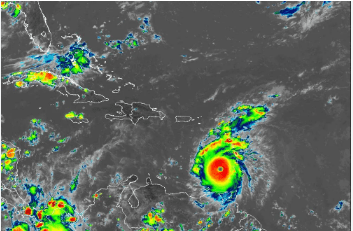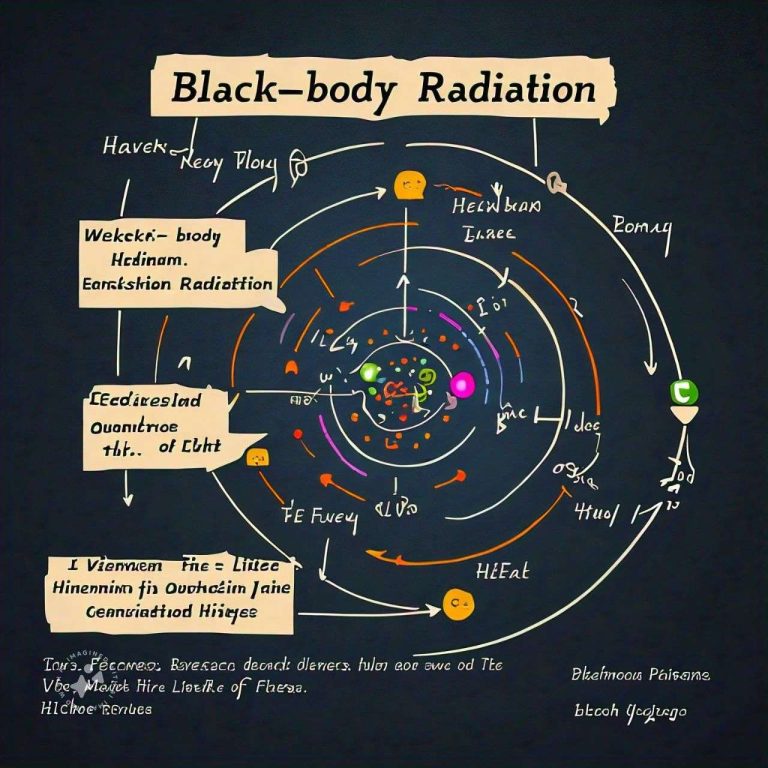Introduction:
Among the natural defenses that bolster the Caribbean and diminish the destructive force of hurricanes are wetlands, mangroves, and coral reefs. These ecosystems function as barriers, absorbing floodwaters, lowering wave energy, and preventing shoreline erosion. However, because of pollution, climate change, and human activities like coastal expansion, these natural defenses are in jeopardy and are fast diminishing.
The Value of Innate Defenses:
- Coral Reefs: Reefs have a special ability to lessen the intensity of waves. Healthy coral reefs shield coastal populations from severe storm surges and wave effects by absorbing up to 97% of a wave’s energy before it reaches the shore.
- Mangroves: These woods act as a barrier against flooding and storm surges. Their intricate root systems provide vital habitats for marine creatures in addition to stabilizing shorelines and halting erosion.
- Marshes and wetlands: These ecosystems function as natural sponges, soaking up surplus precipitation and flooding. Coastal wetlands in the Northeastern United States saved nearly $625 million in flood losses during Hurricane Sandy in 2012, proving the value of these locations both economically and defensively.
Dangers to Natural Defenses:
- Climate Change: Coral bleaching and the disappearance of mangrove forests are being brought on by rising sea levels and rising sea temperatures. Rising temperatures and increasingly acidic seas pose a threat to the health and capacity of coral reefs to rebuild.
- Pollution: When pollutants from agriculture and urban runoff infiltrate marine environments, they harm coral reefs and mangroves. These habitats are further degraded by sedimentation brought on by building and deforestation.
- Coastal Development: Infrastructure development near coastlines frequently destroys mangroves and wetlands. Erosion and habitat loss can be made worse by the development of sea walls and other hard infrastructure, which can also interfere with natural coastal processes.
Restoration and Protection Are Necessary:
It is imperative to repair and safeguard natural defenses to counter these threats. Among the initiatives are:
- Reef Restoration: Reef restoration refers to initiatives that use coral transplantation and the development of hardy coral species to repair damaged reefs.
- Mangrove planting: To improve coastal resilience, replant mangrove forests and preserve those that already exist.
- Wetland Conservation: Wetland conservation refers to maintaining the ability of existing wetlands to absorb floodwaters and rehabilitating degraded ones.
Natural Infrastructure’s Advantages:
Beyond providing storm shelter, these natural systems have many other advantages:
- Biodiversity: They are home to various land and marine organisms.
- Economic Value: Strong ecosystems support local economies by promoting tourism and fishing, which benefits nearby towns.
- Climate Mitigation: Carbon is sequestered by wetlands and mangroves, which helps to slow down global warming.
Conclusion:
The natural defense mechanisms in the Caribbean help protect coastal towns from hurricanes. However, several human-caused stresses are causing these ecosystems to disappear. For Caribbean communities to remain safe and resilient against future hurricanes, immediate action is required to repair and safeguard these natural barriers. In addition to being economical, investing in nature-based solutions is crucial to maintaining the area’s ecological and economic health.










